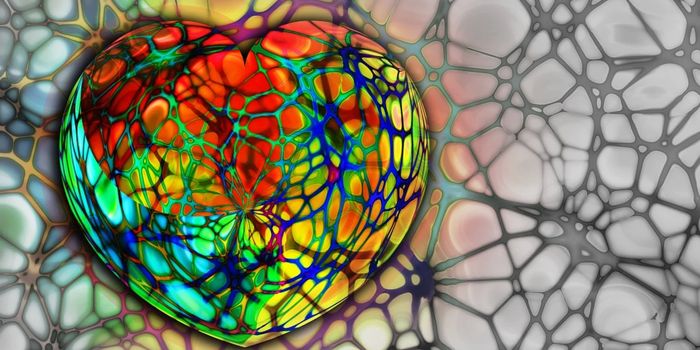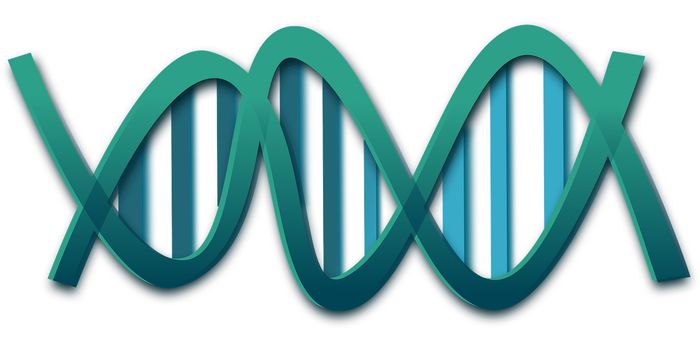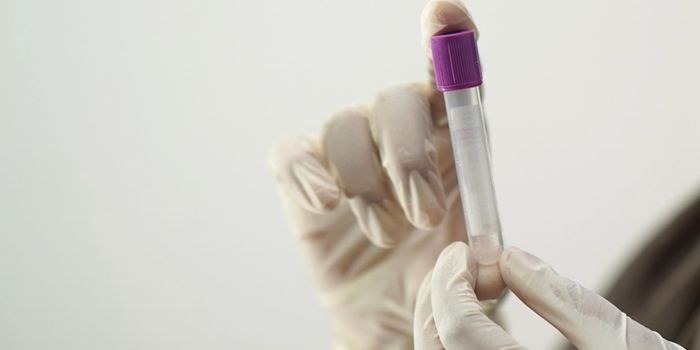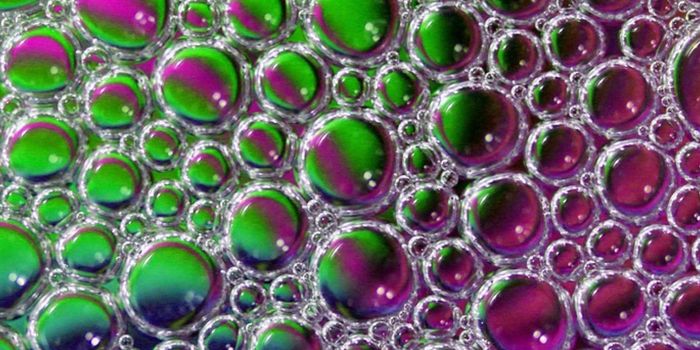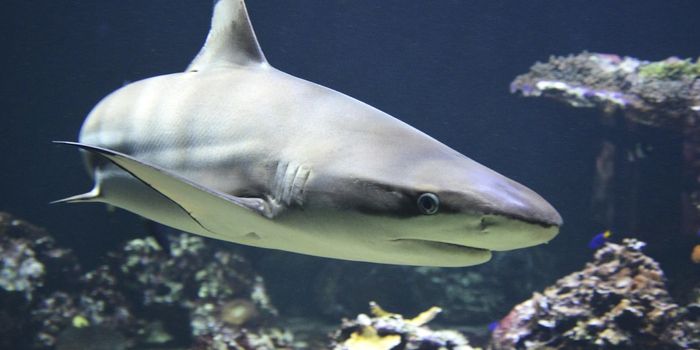Bee Study Connects Social Behavior with Gene Variants
Researchers at Princeton University used a special kind of bee that can live in either social communities or isolation, as a research model. Their model the sweat bee enabled them to demonstrate a link between small variations in certain genes and social behavior. Some of the genes identified in the research have already been associated with autism in people. The study is outlined in the following video and has been reported in Nature Communications.
“Bees have complex social behaviors, and with this species of bee, we can directly compare individuals that live in social groups to those that don’t live in social groups,” explained research leader Sarah Kocher, an assistant professor of ecology and evolutionary biology and the Lewis-Sigler Institute for Integrative Genomics at Princeton. “We can ask: ‘What are the fundamental differences between a social and nonsocial animal?’”
To begin to answer that question, the research team looked for gene variants that play a role in sociability. One variation was found in a gene called syntaxin 1a, which is a member of a gene family that helps control how chemical messengers are released in the brain.
The researchers found almost 200 SNPs or gene variations that were associated with social behaviors in sweat bees. Of those variations, 21 were in or close to six genes that have been linked to autism in people.
When Kocher began to study sweat bees, few other researchers had any information about them. The bees make for good subjects in social behavior studies because some naturally keep to themselves while others are social, said Kocher. The social bees have in a hierarchical society with a nest in the ground, and the nonsocial type lives on its own.
After studying with an entomologist that was one of the few experts on sweat bees, Cecile Plateaux-Quenu, Kocher brought the bees back to the laboratory. There, she sequenced the genomes of hundreds of Lasioglossum albipes sweat bees from areas that were home to both solitary and social types. Kocher and colleagues then looked for patterns in the genetic data.
They found that changes in several genes influence social activity in these bees. The majority of the variations they found were not located in portions of the genome that code for protein. They tended to be in places that enhance gene activity.
Social activity is likely the product of many factors, including a variety of different genes. This research does provide evidence that genes play a significant role in behavior, however. Genes also have a major impact on the development of the nervous system, including the brain. In the early years of life, the connections between neurons in the human brain are pruned, a process in which genes play another part.
While it seems that autism is probably caused by different things, genes have been implicated. Research last year also found an association between genes in bees and autism-linked genes. That study used honey bees, which are social, while sweat bees can be social or nonsocial, noted Kocher.
“It came as a surprise that we came across the same results independently,” Kocher said. “It suggests the existence of a core set of genes that play an important role in shaping social behavior across different species,” she added.

